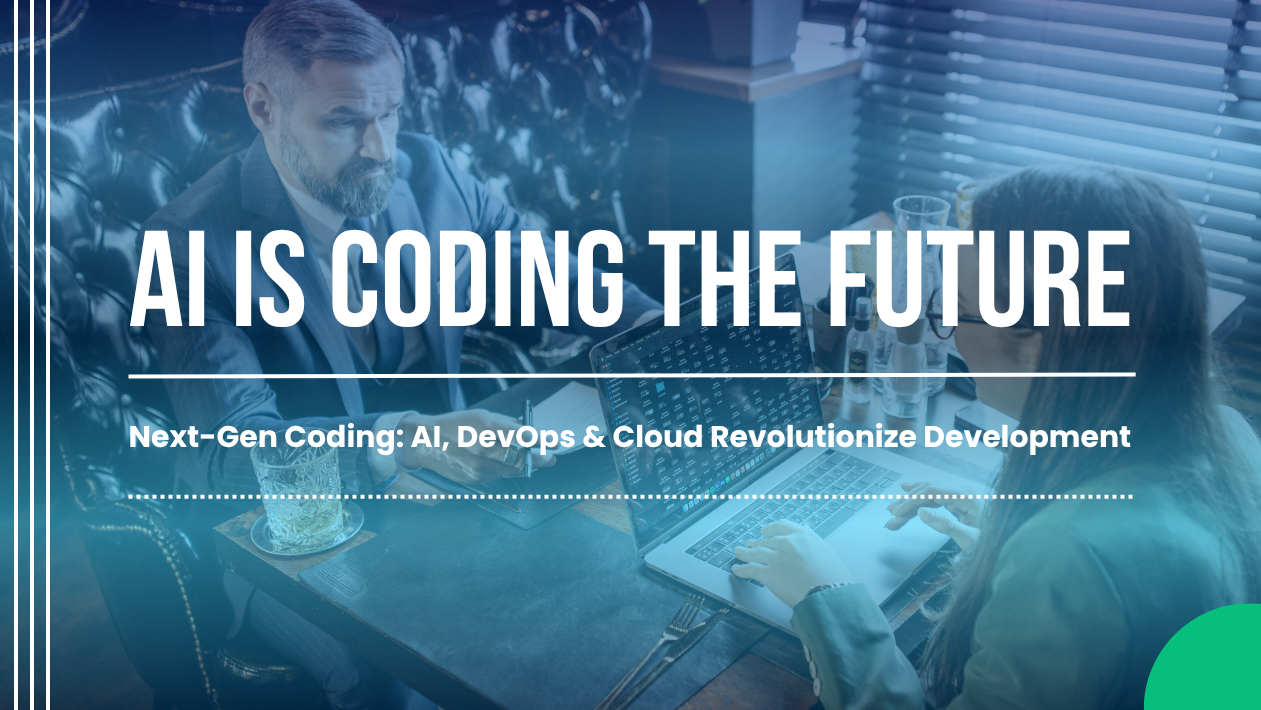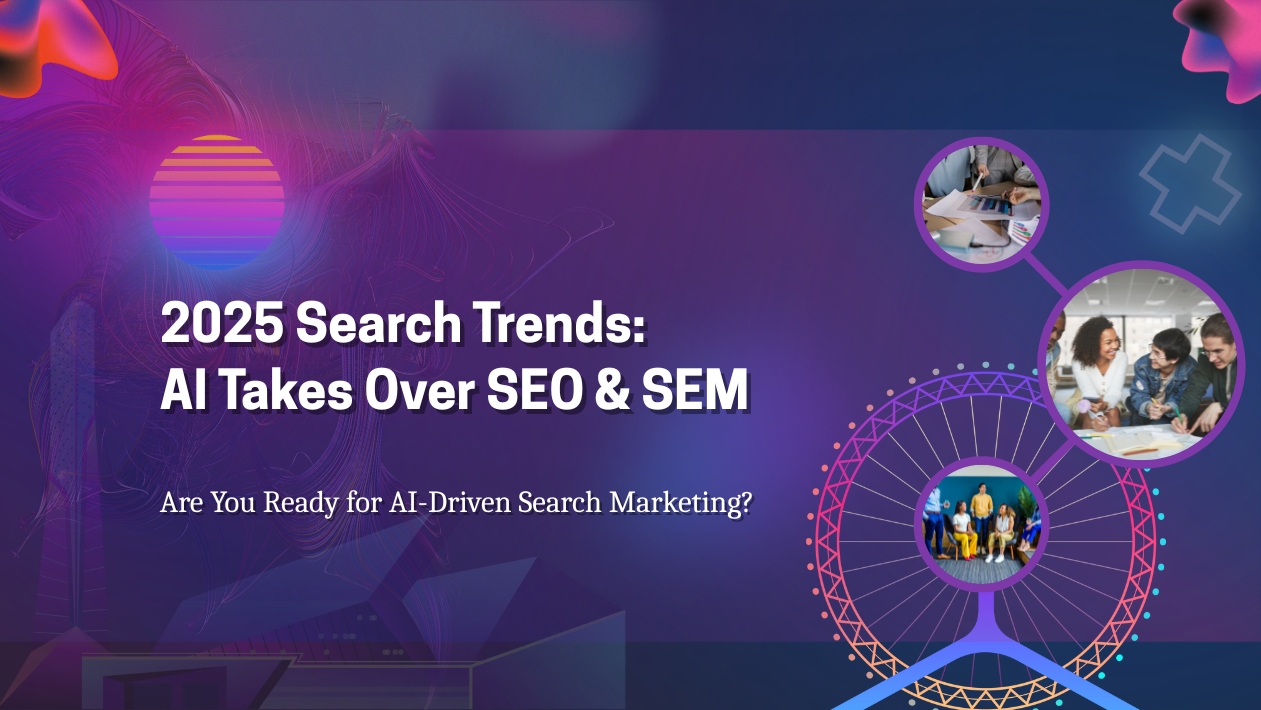As digital transformation accelerates across industries, cloud computing in 2025 has become the backbone of global enterprise operations. From AI-powered cloud platforms to industry-specific solutions and carbon-conscious data centers, organizations are reimagining scalability, speed, and security in a hyperconnected world.
AI-Driven Cloud Platforms Power Intelligent Workflows
Major cloud providers—AWS, Microsoft Azure, Google Cloud, and Oracle—have embedded generative AI and machine learning capabilities directly into their platforms. This allows businesses to automate tasks, analyze real-time data, and deploy intelligent applications with minimal coding or infrastructure management.
Solutions like Amazon Bedrock, Azure OpenAI Service, and Vertex AI are enabling industries like healthcare, finance, and retail to build smart, scalable apps with unprecedented speed.
Sovereign and Industry-Specific Clouds Gain Momentum
Governments and regulated sectors are adopting sovereign cloud solutions to maintain control over data privacy, compliance, and residency. Cloud providers have launched localized offerings—such as Microsoft Cloud for Sovereignty and Google’s EU Sovereign Cloud—to meet strict regulatory requirements.
At the same time, industry-specific clouds (e.g., Healthcare Cloud, Financial Services Cloud, Manufacturing Cloud) are gaining traction for offering tailored compliance, APIs, and analytics tools.
Multi-Cloud and Hybrid Cloud Become the Norm
Enterprises are increasingly moving toward multi-cloud strategies to avoid vendor lock-in and gain flexibility. Hybrid environments—powered by tools like VMware Cloud, Red Hat OpenShift, and Anthos—allow seamless management of workloads across on-premise data centers and multiple cloud providers.
According to Gartner, over 76% of enterprises now use two or more cloud platforms in their IT strategy.
Cloud Security Gets Smarter and More Proactive
With rising cyber threats and data breaches, cloud security is under the spotlight. Providers are leveraging AI-driven threat detection, confidential computing, and zero-trust architectures to protect assets across distributed environments.
Startups and cloud-native solutions offering runtime security, compliance automation, and data loss prevention are seeing record funding.
Sustainable Cloud Infrastructure Gains Priority
As global pressure mounts to reduce carbon emissions, cloud giants are building green data centers powered by renewable energy. Companies like Google and Microsoft have committed to being carbon-negative by 2030, with innovations in liquid cooling, server efficiency, and energy reuse.
Clients are now tracking their cloud carbon footprint through dashboards and selecting low-impact regions for workloads.
Cloud-Native Skills and Talent in High Demand
With cloud at the core of digital operations, demand for cloud architects, DevOps engineers, and FinOps specialists has surged. Upskilling programs and certifications in Kubernetes, Terraform, serverless computing, and cloud cost optimization are booming across platforms like AWS Training, Coursera, and Pluralsight.
Outlook: Cloud as the Innovation Engine
The future of cloud computing lies in its ability to accelerate innovation, democratize AI, and ensure resilience in an unpredictable world. As edge computing, quantum integration, and decentralized architectures emerge, the cloud will continue to evolve—not just as infrastructure, but as a platform for global problem-solving.





